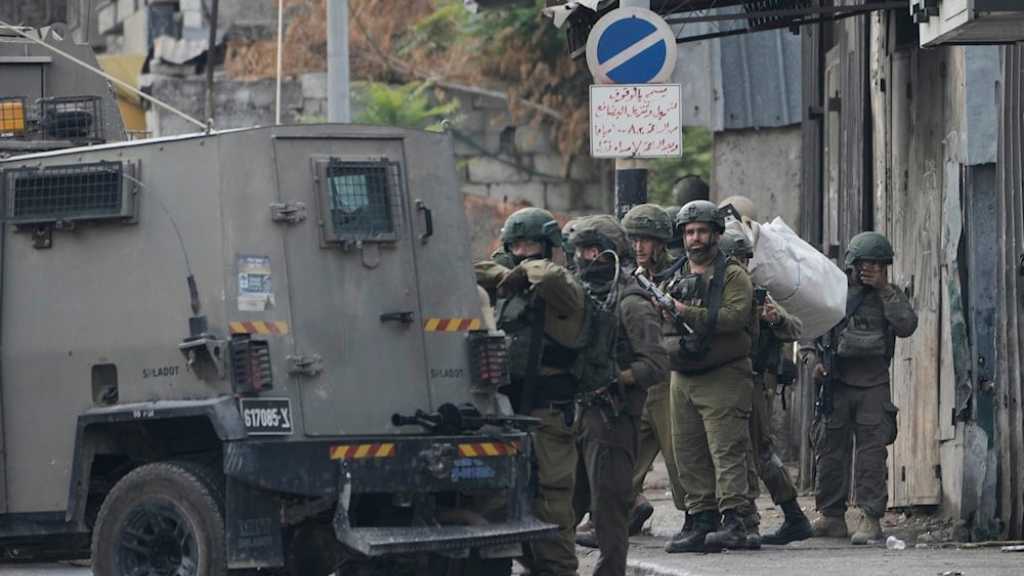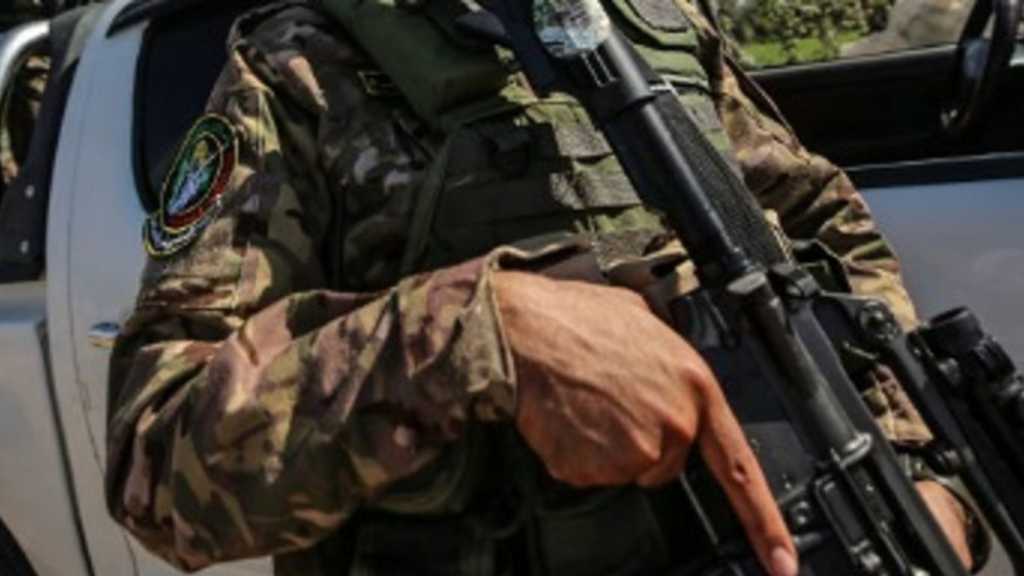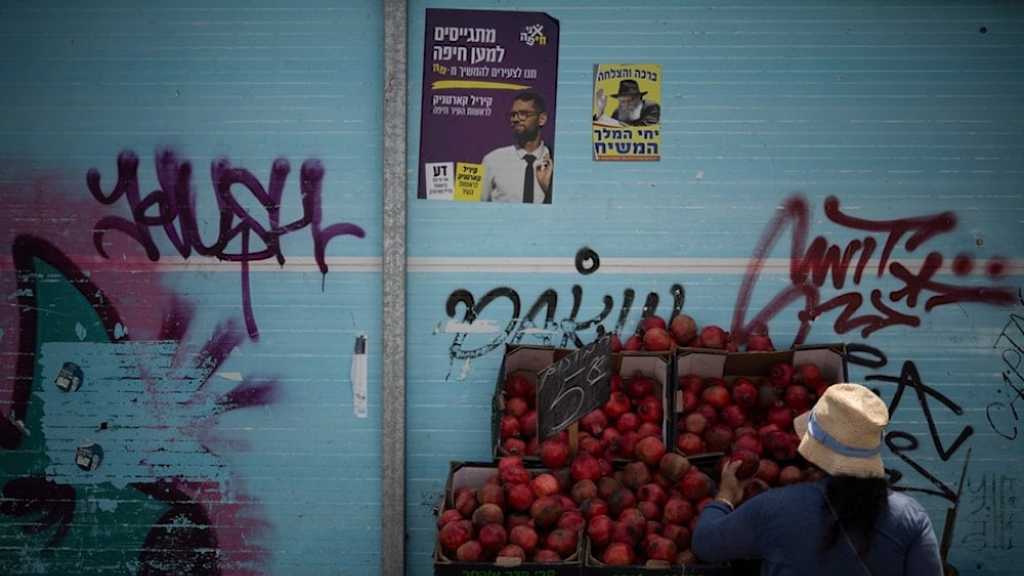“Israeli” Golani Elite Cmdr. Admits Heavy Losses in Hezbollah’s Aita Al-Shaab Ambush

By Staff, Hebrew Media
Lieutenant Colonel David Cohen, outgoing commander of the elite “Israeli” “Golani” unit, has admitted that his unit suffered a severe blow during the last war on Lebanon, particularly in the southern border town of Aita Al-Shaab, where Hezbollah fighters executed a devastating ambush against invading “Israeli” troops.
In a farewell interview with the Hebrew daily “Yedioth Ahronoth”, Cohen described the incident as a turning point in the war: “We lost five soldiers in a single ambush in Aita al-Shaab—including company commanders, a team leader, and squad members. My deputy was seriously injured,” he said. “This happened shortly after the then-Chief of Staff Herzi Halevi conducted a field visit to the area.”
The commander acknowledged that his unit had prepared extensively for combat with Hezbollah, conducting training exercises in locations resembling the terrain of South Lebanon.
“We trained in areas like Abu Snan and ‘Hurfeish’ to simulate Hezbollah's environment,” Cohen said. However, he conceded that the preparations failed to prevent the elite unit from falling into what he described as a “tight and calculated” Hezbollah ambush.
While Cohen also mentioned operations in other towns like Maroun Al-Ras—where two soldiers were killed and others wounded on the first night of the ground invasion—the loss in Aita Al-Shaab appeared to be the most demoralizing for Golani forces.
His account serves as a rare public admission from a senior “Israeli” field officer of Hezbollah’s tactical superiority in close-ground combat, and a reminder of the high cost the “Israeli” Occupation Forces [IOF] pay when attempting to breach the southern Lebanese front.
Cohen’s remarks confirm what has long been reported by Resistance sources: that Hezbollah’s preparations and defensive capabilities in southern Lebanon continue to pose a significant challenge to “Israeli” ground forces, particularly in areas like Aita Al-Shaab, which has become a symbol of steadfastness and fierce resistance.
The admission also highlights the vulnerability of “Israeli” ground units operating near the Lebanese border and underscores the ongoing military toll of the Zionist entity’s confrontations with the Lebanese Resistance.
Comments
- Related News




